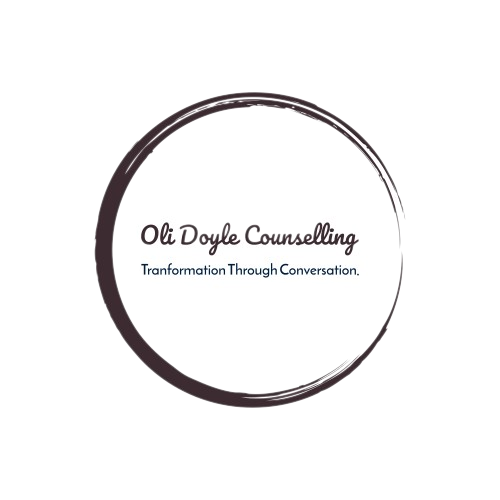The human brain is a magical creation. It has all the survival components of other mammals and then, on top like some mystical icing on an already incredible cake, it has language.
This means we can share knowledge, tell stories, collaborate and communicate, even if we’re not standing in the same place. It means we can interact at a distance, create solutions of incredible complexity and share our laughter, tears and joy with other humans.
But language has a dark side. As well as helping us in so many ways it can also trap us in suffering, making being human unique in the degree and severity of the emotional pain we experience.
Look at your pets, or at animals in the wild, and you can see what I mean. They suffer when something bad is happening to them, when they are sick or hungry or being hunted or when they have nowhere to live. But if they have food, shelter, a mate (sometimes not even that) then they live in a contentment that many humans envy.
But why? What is the difference?
It seems to be nothing but words.
Non-human animals do not have the capacity (as far as we know) to imagine anything outside of their present moment experience, so if they are fed and safe today, that is enough. Humans, on the other hand, have an infinite capacity to imagine what could go wrong, to remember what did go wrong, to live inside a symbolic (imagined) past and future.
This is of immense practical value, and it can go horribly wrong. Think of the top three problems in your own life and you will probably see what I mean; are these problems directly impacting you in this moment? Do they need your attention right now?
If they did, you wouldn’t be reading this, you would be doing something about them, so I’m going to guess that this is not the case. More likely, your mind is telling you that they need attention now, but there is nothing to be done in this moment. This means that energy is being mobilised to respond when there is nothing to be done, so that energy creates a kind of anxious background hum, a feeling of impending doom that is unsolvable. Maybe our ancestors felt this way too, or maybe the problems in their world were more concrete and less conceptual.
Many clients describe to me a vague belief that they should be doing more, that they are not enough as they are right now. Inside this existential angst their minds are whispering you’re not enough and the culture around them, which glorifies busy-ness and hustle, agrees. The worldview of industrial capitalism turns us into machines that we should push to the limits of their capacity in order to get the most out of ourselves. There is no inherent value in being, in living, only in production, consumption and achievement.
I wonder, on our deathbeds, if we will feel the same, but that is for another article. For now, let us explore what on earth we can do to reign in this language monster.
First, we can recognise what it is doing. Can you hear the voice in your head now, evaluating you and the world around you?
Take a breath out nice and slow and feel what it is like to be alive in this moment. Stay with that feeling of breathing and let the thoughts do their thing.
Can you stay focused on breathing when your mind wants your attention for itself?
This attentional flexibility is a skill, not an inborn ability. Feel another breath. You are building this skill.
The question here is simple:
Who gets to decide where your attention goes? You? Or the voice inside your head?
And believe it or not, answering this question and taking steps to learn how to master your attention, is a big step towards living a great life.


Recent Comments